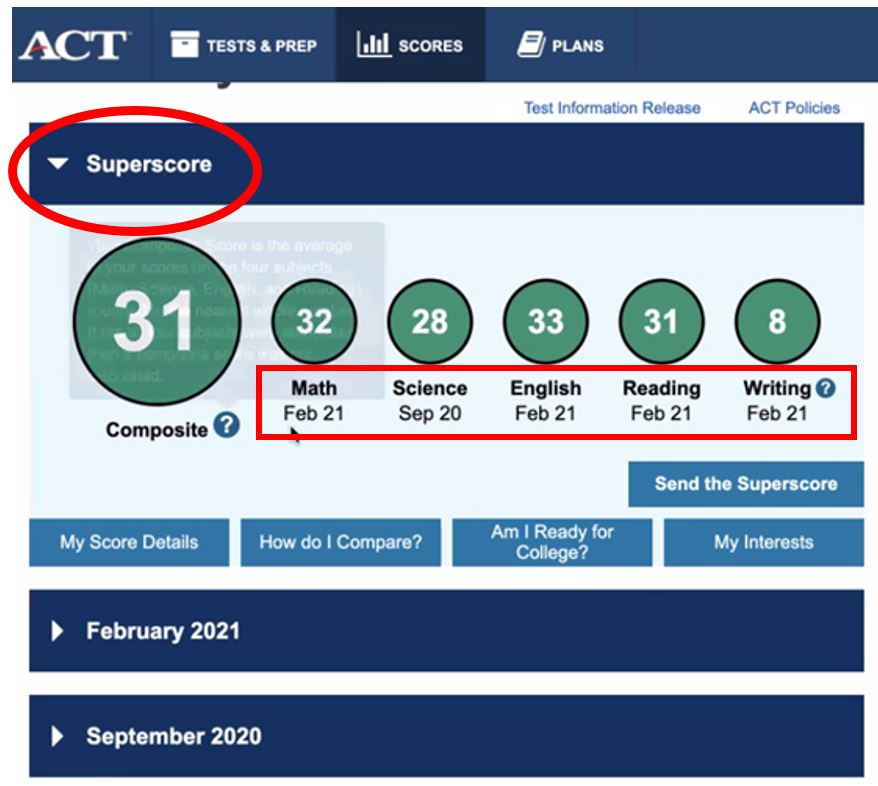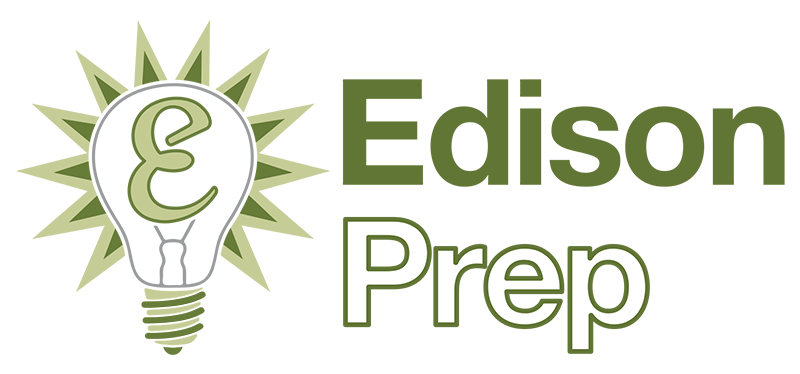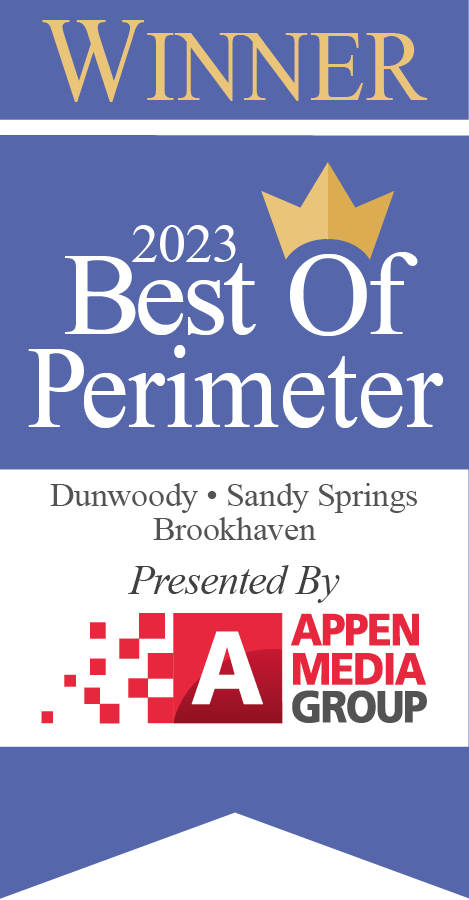The ACT Begins Automatic Superscoring in Its Score Reporting
Just a few months before covid, the ACT announced a bevy of upcoming changes, such as the ability of students to do single-section ACT testing, increased options for digital ACT testing, and the ability to report an “ACT superscore” directly from the ACT, which we covered in our October 2019 blog post.
In that blog post, we mentioned that most of the new features slated to debut were not of much use, with the very notable exception of superscore reporting, which was a breath of fresh air and common sense in the often-confusing college admissions process.
At long last, after some small covid delays, ACT superscore reporting is now here! Superscore reporting allows students to avoid the cost and burden of sending multiple sets of ACT scores to colleges by rolling it up directly and sending a student’s ACT superscore on an ACT score report.
What is Superscoring?
Superscoring is a process that allows students to combine their best individual section scores from multiple test dates, thus improving their overall ACT “super-score, which is calculated by simply averaging the best subject scores (English, math, reading, and science) across all the ACTs a student has taken.
Since many students take the test 2-3 times, it’s not uncommon for a student’s score to go up 1-3+ points when superscoring is included. Additionally, students can save time by focusing solely on their lower section scores if they have lopsided section scores on an initial test. In the example below, the student has a 25 without superscoring, but has a 27 with superscoring, since 26.75 rounds up to a 27. Thus, with superscoring, the student would gain two points.
Example:

A Bit of Superscoring History:
Colleges superscoring the ACT has gone from a rarity a decade ago to the norm today, with over 66% of major colleges and universities now superscoring the ACT, and more joining each year (e.g. Emory and Vanderbilt in 2021). The benefits of this automatic superscoring will only grow as the practice becomes ever-more prevalent.
Historically, the SAT has been superscored at 90%+ of schools. The ACT was initially not superscored at many colleges because, decades ago, the ACT had asked colleges not to do so, and colleges obliged. However, the ACT conducted extensive research in 2019 to see whether a student’s single-day ACT score or ACT superscore better predicted their success in college, and the results were clear: an ACT superscore was a better indicator.
April 2021: ACT Debuts Automatic Superscoring:
Beginning in April 2021, the ACT announced that superscoring would be automatically integrated into every student’s official ACT score report. Superscoring kicks in automatically as soon as a student has two or more scores with which to superscore.
As admissions offices become ever-more digital in an attempt to speed up application review in this era of ballooning application numbers, automatic superscoring will be a welcome time-saver for admissions offices by removing a step and may push some colleges that were on the fence to begin superscoring.
Example: What ACT Superscoring looks like when students login to their accounts:

“But what about Auburn? And what about Zell Miller?”
ACT’s new endorsement of superscoring does not mean that colleges will have to accept them. Every college makes its own choice, as does the Georgia legislature that sets policies regarding the Zell Miller Scholarship.
The institutions that have been historically most hesitant to superscore have done so at a healthy detriment to their published ACT score averages, but for a very good reason: they are often the same colleges that have published merit aid grids tied to GPA + ACT scores, such as Auburn, Alabama, and Arizona. Superscoring the ACT might well mean Auburn having to give us non-Alabama-tax-paying Georgians an extra $20 million+ per year!
The popular Zell Miller HOPE Scholarship (“Full HOPE”) also requires an ACT of 26 or 1200 on a single day, and will likely continue to do so, since approximately 300% as many students likely have a 26 superscore than a single-day score of 26.
Questions?
Please email [email protected] or call us at 404-333-8573.









